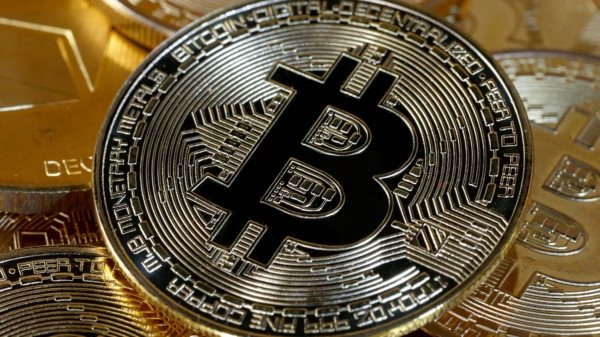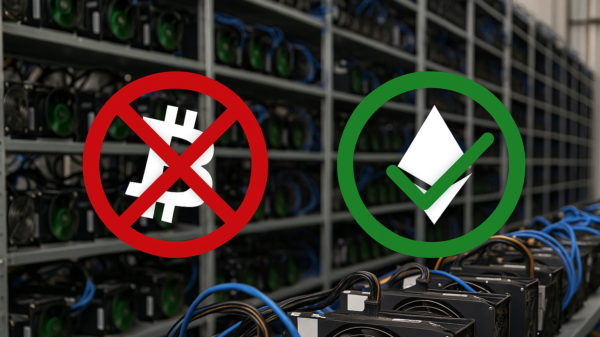Telegram’s founder and CEO, Pavel Durov, broke his silence on Thursday in a post regarding his three day detention in a French jail cell related to his platform’s alleged facilitation of illegal activities.
The charges against him relate to his platform’s involvement in drug trafficking, distribution of child sexual abuse images, and hacking software. The issue and the post have since sparked discussions on free speech, privacy, and the responsibilities of platform owners in moderating content.
Telegram is a blockchain-based social networking company has surpassed 900 million users and is approaching profitability, with plans for an IPO. Financial data shows that around 40 per cent of Telegram’s revenue comes from cryptocurrency features. These mostly involve its decentralized blockchain platform, The Open Network (TON).
TON is a decentralized blockchain platform that was originally developed by the founders of Telegram to provide fast, secure, and scalable solutions for digital transactions and smart contracts. Furthermore, TON enables seamless, low-cost micropayments and decentralized applications (dApps).
Despite the negative press surrounding Durov’s arrest, TON’s blockchain continues to handle high transaction volumes. This is partially due to crypto features within Telegram, such as play-to-earn games, which are attracting millions to cryptocurrency.
Telegram keeps enhancing its platform with features that improve user interaction and privacy, including reactions in private chats and themed chats. However, Durov’s arrest puts Telegram’s non-compliance with content moderation standards on display. This is a stance that creates challenges with regulatory bodies and law enforcement worldwide.
Read more: Riot Platforms plays the next gambit in takeover bid for Bitfarms
Read more: BitFarms acquisition goes beyond cryptomining to include environmental angle
Arrest arises freedom of speech concerns
This approach has led to criticisms and legal actions, especially in contexts where effective content moderation is expected to prevent illegal activities. Public figures and users on platforms like X have voiced concerns about balancing freedom of speech with the need for content moderation, with some viewing Durov’s arrest as an attack on digital rights.
Durov also disputed French authorities’ move to hold him personally liable.
“If a country is unhappy with an internet service, the established practice is to start a legal action against the service itself,” he said.
“Using laws from the pre-smartphone era to charge a CEO with crimes committed by third parties on the platform he manages is a misguided approach.”
The Russian-born tech billionaire acknowledged Telegram’s imperfections but emphasized that the company removes millions of posts and channels every day and is actively improving protocols to make the platform safer.
French prosecutors said that authorities arrested Durov at a Paris airport amid an investigation into suspected criminal activity on Telegram. They later released him from police custody with bail set at USD$5.56 million as the probe continues.
This mix of legal troubles, financial growth, user base expansion, and technological innovation creates a complex picture of Telegram’s current standing. The platform’s future may depend on how it manages these legal challenges while upholding its principles of privacy and minimal content moderation, especially as digital platforms face increased scrutiny over their content policies.
.
Follow Joseph Morton on Twitter
joseph@mugglehead.com













